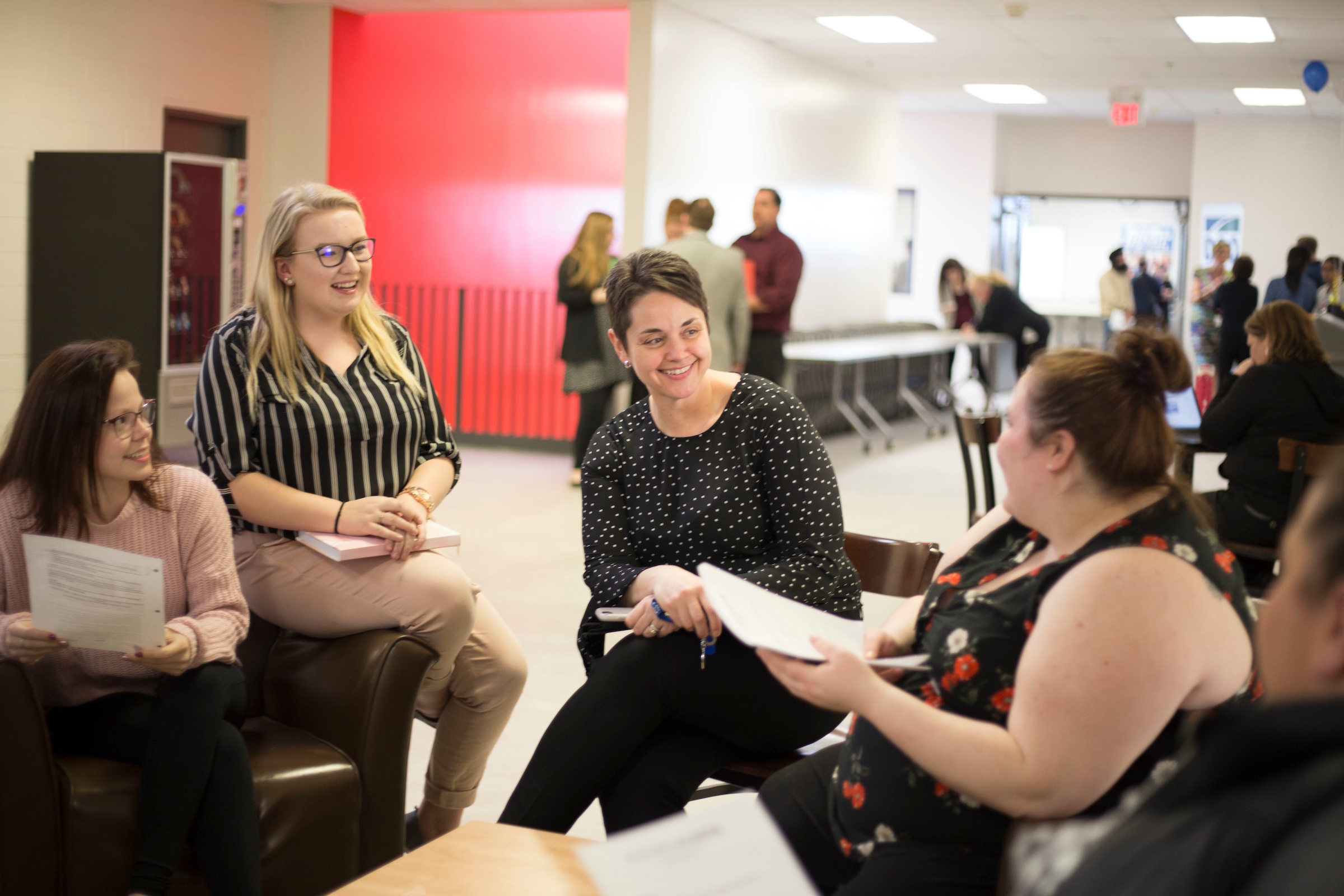Application Notice
Please note: This program follows a unique OCAS application cycle. Applications for Winter 2026 will open on Oct. 27 and close Dec. 5.
Find your career
DSWs support people of all ages with disabilities, enhancing their presence and participation in community life. Graduates find rewarding positions:
- Providing respite support for families.
- Providing in-home support to help people maintain independence.
- In community agencies as residential counsellors and vocational coaches, helping people find meaningful activities.
- In schools as educational assistants and with not-for-profit organizations.
- As activation directors in residential programs and long-term care facilities.




